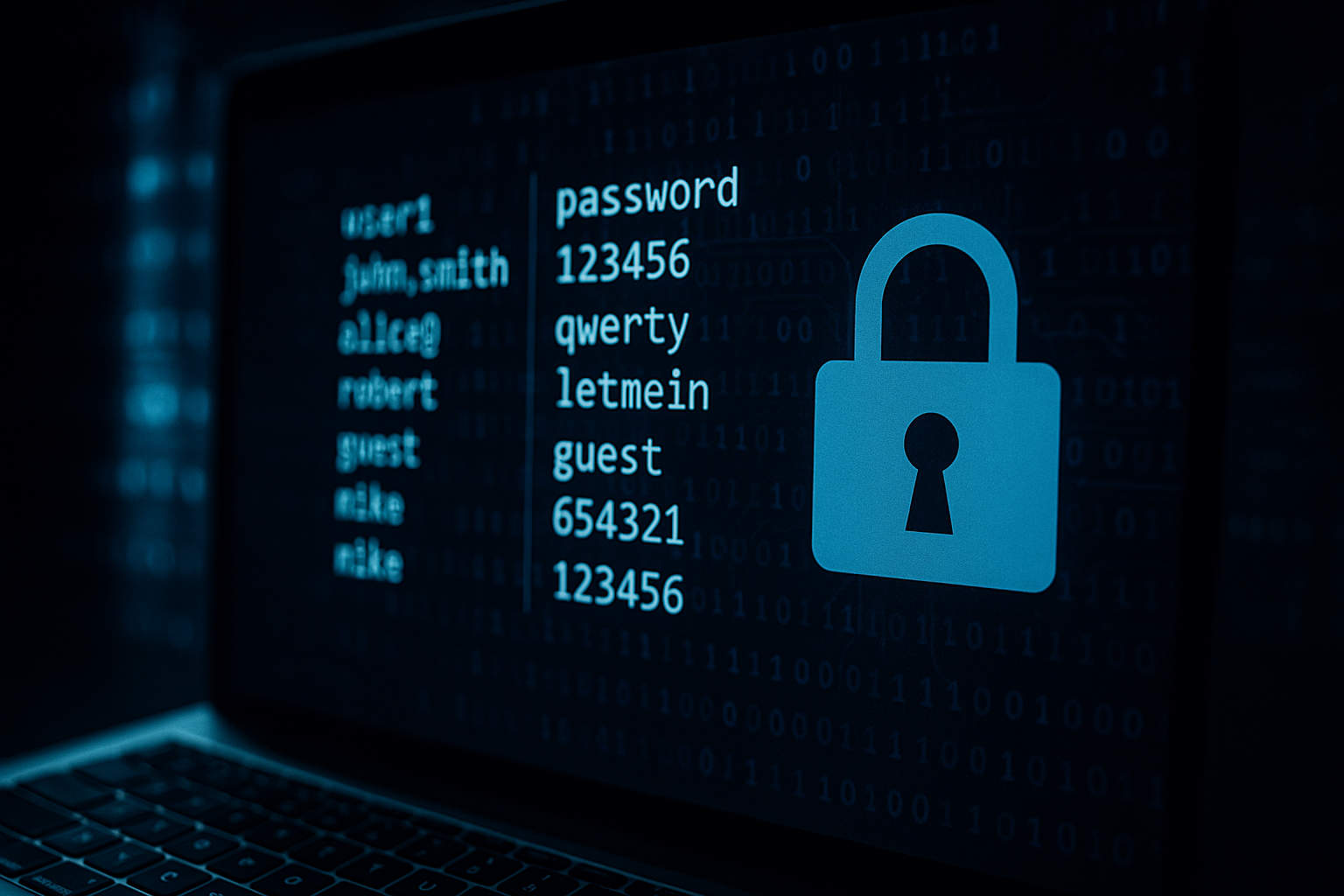
A global cybersecurity crisis unfolding
In a shocking revelation, 16 billion login credentials have been exposed online, making this the largest data breach ever recorded. According to a detailed Cybernews investigation, these passwords came from multiple datasets likely sourced from infostealer malware.
This breach affects services across the board — from Facebook, Google, and Apple, to government sites, VPNs, and even developer portals.
Infostealers fueling the leak
Most of the leaked data appears to be stolen by infostealer malware. This malicious software silently collects login details from infected systems. Researchers say the data follows a clear structure: URL, username, and password — the format used by modern infostealers.
Even worse, many of these credentials are recent, not just recycled from old breaches. This gives attackers a fresh and accurate dataset to work with.
Where did the data come from?
The Cybernews team found 30 exposed datasets containing anywhere from tens of millions to over 3.5 billion records each. Some were named after services like Telegram or regions like Russia. The largest dataset was linked to Portuguese-speaking users.
Most of the datasets were found on unsecured Elasticsearch servers and cloud storage instances—open to the public for a brief time.
What makes this breach dangerous?
This isn’t just a leak — it’s a goldmine for cybercriminals. These credentials can be used for:
- Phishing campaigns
- Account takeovers
- Ransomware attacks
- Identity theft
- Business email compromises
With 16 billion records, even a 0.1% success rate could affect millions.
What users should do now?
There is no way to tell exactly whose data has been exposed. But given the scale, everyone should take precautions right now:
- Change your passwords immediately
- Use a password manager to create strong, unique passwords
- Enable multi-factor authentication on all your accounts
- Scan your devices for infostealer malware
As cybersecurity expert Javvad Malik explains, “This is a shared responsibility. Companies must secure user data, but users must stay vigilant too.”
This is not over yet
What’s most alarming is the rate at which these massive leaks are appearing. Every few weeks, researchers uncover new datasets. The breach underscores a harsh reality — data collection practices, even when unintended, can become a security hazard.
As of now, it’s unclear who controls these datasets. Some may belong to security researchers. Others are almost certainly owned by cybercriminals.
The bottom line
With 16 billion records now out in the wild, it’s a clear sign: the digital world has never been more vulnerable. While we can’t undo the data breach, we can act now to stay secure.
